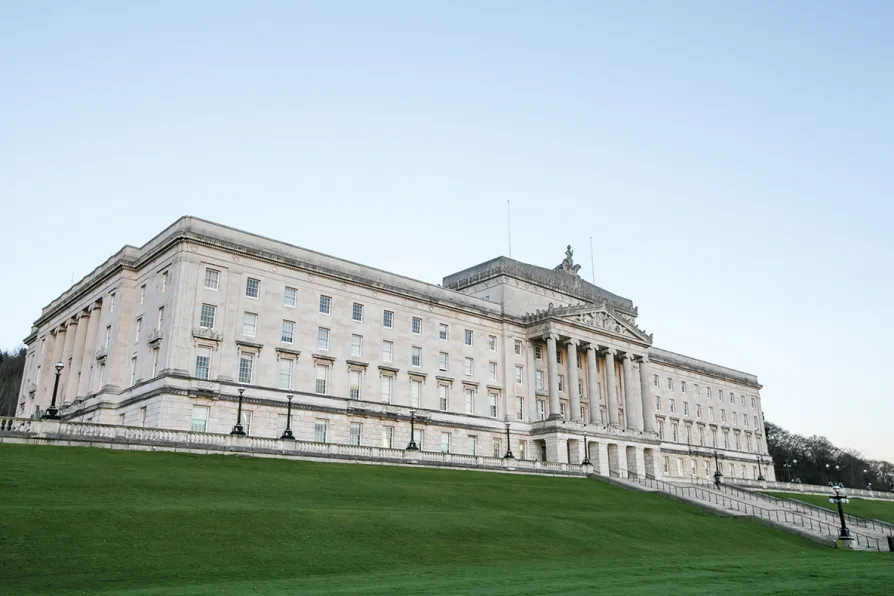From London’s holly-sellers to Engels’s flaming Christmas centrepiece, the plum pudding was more than festive fare in Victorian Britain, says KEITH FLETT

 Stalemate at Stormont has left disabled people without support
Stalemate at Stormont has left disabled people without support
NORTHERN IRELAND remains in the midst of a severe political, economic and public finance crisis driven by the ongoing neglect of the Conservative government which continues to fail in its obligations as co-guarantor of the Good Friday Agreement.
Northern Ireland is currently experiencing austerity on overdrive. The Conservative government has failed to adequately fund public services in Northern Ireland resulting in a shortfall of £0.8 billion.
As a result, unelected civil servants are progressing an extreme cuts programme which is shredding public services at an alarming rate with a severe and disproportionate impact on disabled people.

A new group within the NEU is preparing the labour movement for a conversation on Irish unity by arguing that true liberation must be rooted in working-class solidarity and anti-sectarianism, writes ROBERT POOLE













